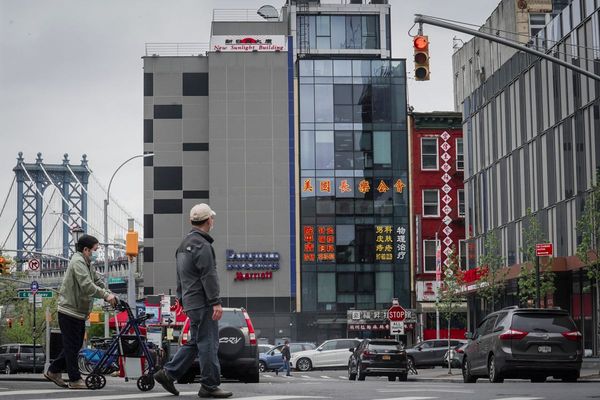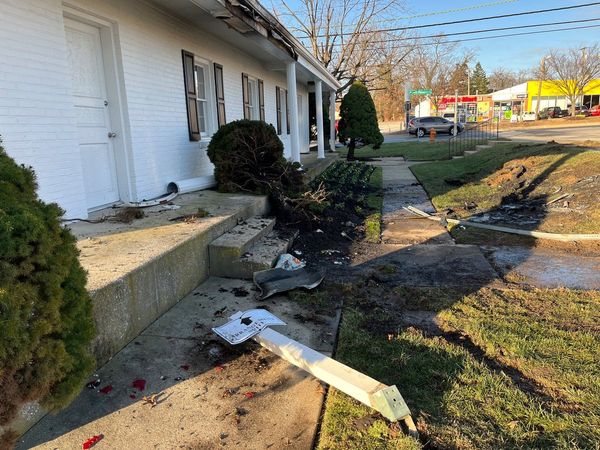
Labuan Bajo (Indonesia) (AFP) - Southeast Asian nations have made "no significant progress" on implementing a peace plan aimed at ending bloodshed in Myanmar, Indonesian President Joko Widodo said Thursday, as a summit ended.
Escalating violence in junta-ruled Myanmar dominated the three-day meeting of the Association of Southeast Asian Nations (ASEAN) on the Indonesian island of Flores.
The regional bloc has spearheaded diplomatic efforts to resolve the crisis, though its mostly fruitless attempts to enact a five-point plan agreed upon with Myanmar two years ago have fuelled warnings the group risked irrelevance.
Since the Myanmar military ousted Aung San Suu Kyi's government it has overseen a bloody crackdown on dissent, killing thousands of people.
"I have to be honest that (on) the implementation of the five-point consensus, there's been no significant progress," Widodo said on the final day of talks in the fishing town of Labuan Bajo.
Widodo insisted ASEAN members must remain united in resolving the crisis or risk the "break up" of the bloc.
"I am convinced that not one country in ASEAN would like to see that," he told reporters through a translator.
"There cannot be a party within or outside ASEAN that can gain benefits from internal strife in Myanmar.The violence must end."
But members were divided over how to handle the issue.
An internal report on the foreign ministers' discussions said some countries wanted to invite the junta back to ASEAN meetings because "the time for isolation has served its purpose".
"There was also an observation that ASEAN might be experiencing a 'Myanmar fatigue', which might distract ASEAN from larger goals of ASEAN Community-building," said the document seen by AFP.
"Patience, flexibility and creativity are therefore required since there will be no quick fix to the crisis."
Hamstrung
Myanmar still belongs to the 10-member ASEAN bloc but has been barred from its summits due to the junta's failure to implement the peace plan.
The junta has spurned international criticism and refused to engage with its opponents, which include ousted lawmakers, anti-coup "People's Defence Forces" and armed ethnic minority groups.
An air strike on a village in a rebel stronghold last month that reportedly killed about 170 people sparked global condemnation.
Jakarta's chairing of the bloc this year had raised hopes ASEAN could push for a peaceful solution, using its economic weight as well as its diplomatic experience.
Pressure on the bloc increased Sunday after a convoy of vehicles carrying diplomats and officials coordinating ASEAN humanitarian relief in Myanmar came under fire.
Beyond condemning the attack and expressing concern over the continued bloodshed, the ASEAN leaders did not come up with anything concrete to move the peace process forward.
The end-of-summit statement did not provide a timetable or plan for implementation.
Indonesian Foreign Minister Retno Marsudi said the bloc should not "give up".
"We have to give attention to the well-being of the people and that is what ASEAN would like to do," Marsudi told reporters.
There are fears that peace efforts could stall next year when communist-ruled Laos becomes chair.
ASEAN leaders also discussed "serious incidents" in the South China Sea and ongoing negotiations for a code of conduct aimed at reducing the risk of conflict.
Beijing claims almost the entire sea while four ASEAN countries -- the Philippines, Malaysia, Vietnam and Brunei -- have overlapping claims to part of it.
"We must ensure that the South China Sea does not become a nexus for armed conflict," Philippine President Ferdinand Marcos told the gathering.
ASEAN has long been decried by critics as a toothless talking shop, but its charter principles of consensus and non-interference have hamstrung its ability to take action.
A review of the charter was "long overdue", said Lina Alexandra of the Centre for Strategic and International Studies in Jakarta.
"When you see your next-door neighbour's house is burning, what will you do?Can you just stay silent?" she said.







